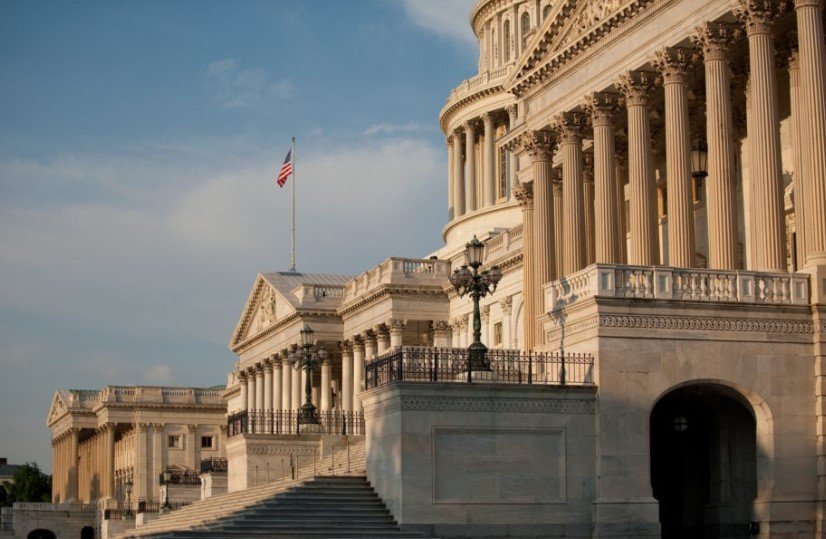Senate Bill 375 seeks to formally define and confront anti-Hindu hate, signaling a pivotal legislative moment
Georgia is about to do something no other U.S. state has done—it’s moving to legally recognize and fight Hinduphobia. Yes, that’s right. With a proposed bill on the table, Georgia could soon become the first to actually name Hinduphobia in its penal code and demand that law enforcement take it seriously.
The bill didn’t come out of thin air. It builds on a 2023 resolution that condemned anti-Hindu bigotry and recognized the rich, global contributions of Hinduism. Now, it’s picking up speed—and raising eyebrows.
The Bill in Focus: What’s Actually in Senate Bill 375?
This isn’t a ceremonial gesture or a feel-good message.
Senate Bill 375 would explicitly define Hinduphobia as a pattern of “antagonistic, destructive, and derogatory attitudes and behaviors toward Hinduism.” The bill mandates that both state and local enforcement agencies account for Hinduphobia when applying hate crime and anti-discrimination laws already on the books.
One short paragraph. But a long-awaited recognition.
And it’s not a one-sided push. The bill is backed by Senators across party lines—Democrats Jason Esteves and Emanuel D. Jones, alongside Republicans Shawn Still and Clint Dixon.
Their joint support gives the bill more than just momentum. It gives it legitimacy.

What Sparked This Move?
In April 2023, Georgia’s legislature unanimously passed a resolution condemning anti-Hindu bias. That move was mostly symbolic. It didn’t change any laws, but it laid the groundwork. It acknowledged two big things:
-
Hinduism is one of the world’s oldest faiths, practiced by over 1.2 billion people.
-
Hinduphobia is real—and rising.
So this bill? It’s step two. Less talk, more teeth.
And one sentence here speaks volumes.
What Does Hinduphobia Look Like in the U.S.?
It’s not just temple vandalism or online slurs—though those happen far too often.
Sometimes it’s the textbook that portrays Hindu practices as strange or superstitious. Other times it’s bias in classrooms or boardrooms, subtle but steady. Hindu students being bullied. Professionals passed over or mocked. The patterns add up.
Here’s what advocacy groups like CoHNA say they’ve seen recently:
• Murals and idols defaced at Hindu temples in California and Texas
• School curriculum misrepresenting Hindu beliefs, drawing backlash
• Hindu employees reporting workplace jokes, slurs, or isolation
A Rare Moment of Bipartisanship in Georgia
This might surprise some, but the bill isn’t being driven by just one party.
Both Republican and Democratic lawmakers are on board, signaling just how important this issue has become for Georgia’s diverse communities. Senator Emanuel Jones, a Democrat, has voiced concern over religious discrimination before. Meanwhile, Republican Senator Shawn Still, backed by advocacy groups like CoHNA, has emphasized equal protection under the law.
That kind of political crossover isn’t common these days.
One line. One reason to believe this might actually pass.
How Will the Law Work If It Passes?
Let’s break it down. Here’s what changes if SB 375 becomes law:
| Key Area | Current Status | After SB 375 (If Passed) |
|---|---|---|
| Legal Definition | No mention of Hinduphobia in law | Defined explicitly as discriminatory |
| Law Enforcement Protocols | General hate crime categories | Hinduphobia becomes a listed factor |
| Data Collection & Reporting | No specific stats for Hindu-related hate | Separate tracking begins statewide |
| Public Education Impact | Optional training | Formal inclusion in diversity efforts |
Small edits in the code. But they could change how bias is reported, addressed, and prevented.
Reactions from the Hindu Community and Beyond
CoHNA, one of the lead advocacy groups, called it “historic.” In a public tweet and statement, they made it clear: this bill is more than overdue. They’ve been lobbying lawmakers for years to address the growing fear and frustration among Hindu families.
Some Hindu Americans see this as a turning point—finally being acknowledged in the same way that other faith groups have been protected under state and federal laws.
Some critics argue the bill may blur the lines between religious criticism and hate speech. Others worry it might open the door to similar demands from other religious minorities, creating legal gray zones.
Still, for many in Georgia’s Hindu community, the bill is a lifeline.
